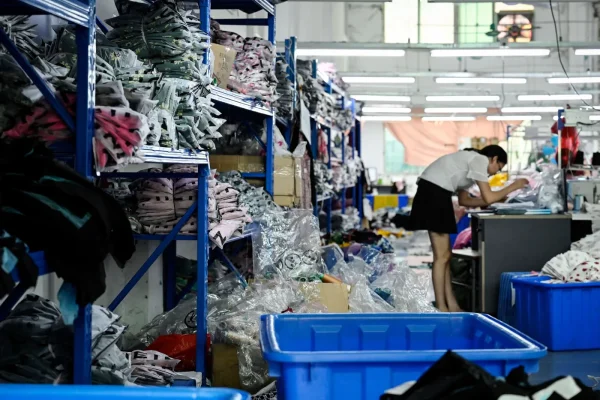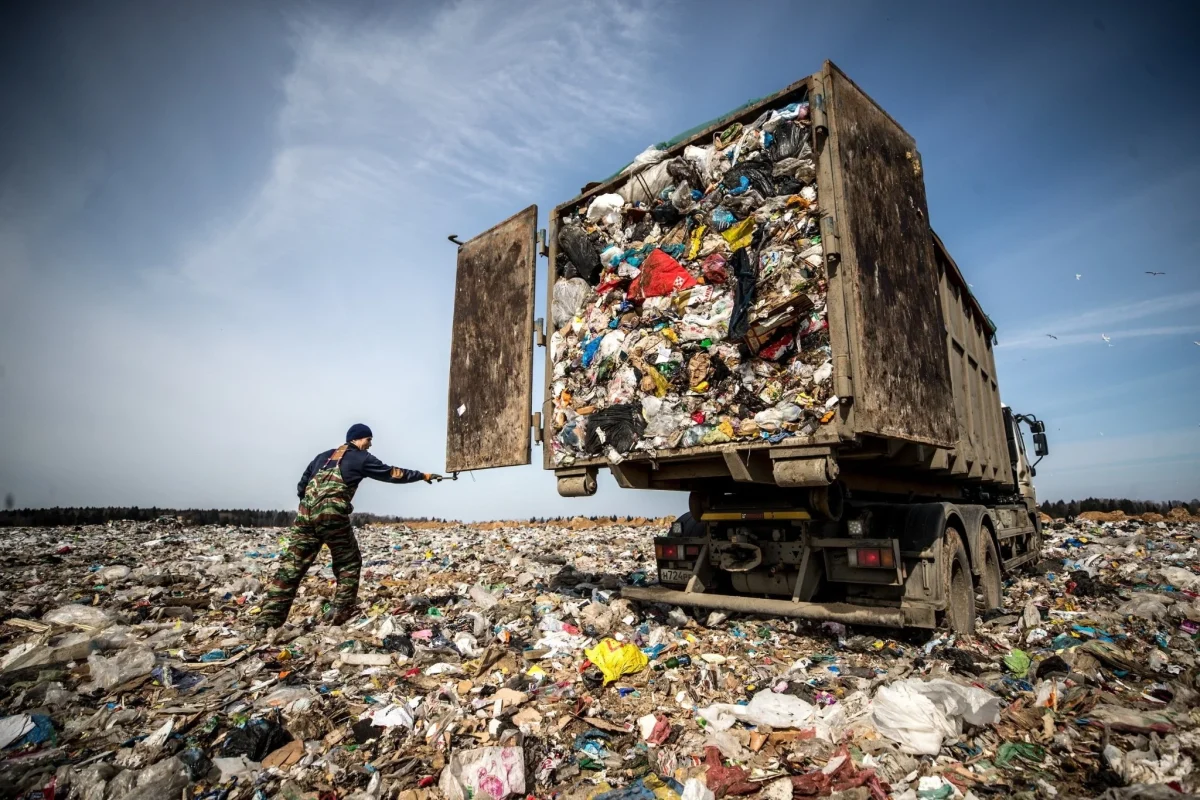In a world of constantly inflating prices, many online shoppers have resorted to brands such as Temu or Shein for cheap and trendy items, particularly clothing. These brands have been facing backlash for their unethical labor systems, such as underpaying workers and using child labor. Despite the controversies, what attracts buyers is that these websites and stores sell goods at extremely low prices, offering large discounts and free items to appeal to customers.
“I do not support these companies, but I see why people buy them because in today’s economy with a lot of inflation recently, it is a lot easier to buy cheaper clothes,” Teresa Barnes, Intro to Business and Marketing teacher, said. “In general, even though the products are cheap, they are making them for even cheaper prices. They are not paying their labor enough wages, so that is why they can charge so little.”
Temu, founded in September 2022, rose quickly in popularity. Features that attract buyers are the vast variety of products with thousands of new products released daily. This has led Temu to be the number one app in Apple’s App Store in 2023, and less than one year after its launch, it has 100 million users in the United States.
It became a TikTok trend for influencers to do large Temu or Shein hauls showcasing new outfits bought for only a few dollars. Despite its popularity on social media sites, the stores face heavy criticism due to their unethical practices such as cheap labor.
“While their clothes are affordable for the working class, they outsource their labor to very unethical places because it is extremely cheap, and they get paid barely anything and the awful conditions of the factory are deplorable,” Jacob Lawrence (10) said.
According to Mother Earth, Shein workers have to work with dangerous equipment and are surrounded by harsh chemicals for more than 75 hours a week, are severely underpaid (less than $20 a day), and would be deducted if products had mistakes.
Child labor is a widely recognized unethical problem of brands like Shein, but another ongoing issue that is often overlooked is the exploitation of Uyghur Muslims in Xinjiang, China. According to Blue Marble, there are more than 100,000 Uyghur Muslims forced into labor working jobs, such as picking cotton, used in both Temu and Shein’s products.
“I did a presentation about how many fast fashion companies use Uyghur Muslims for labor and exploit them,” Lawrence said. “A lot of these Uyghur Muslims have no connection to their family and are constantly being detained for minor infractions.”
Another troublesome problem that these fast fashion companies have is the environmental concerns of overconsumption. Because products are cheaply made, they contribute to 10% of global carbon emissions, and with customers constantly following the newest viral trends, they frequently buy a mass amount of products that quickly pile up in landfills. According to Mother Earth, Cheap polyester used by Shein emits the same amount of carbon dioxide as 180 coal-fired power plants, and 20% of global water pollution is caused by fashion companies.

Because Temu products are so cheap, they lead to overconsumption, customers tend to buy hundreds of clothes to wear once or twice for the same price as a few high-quality clothes. Clothes are produced and thrown out so quickly, mass contributing to global pollution. Because the items are made from cheap and low-quality materials, they do not last long, which leads to people buying more.
“Unfortunately all the clothes I have from fast fashion brands are all low quality,” Destiny Yan (10) said. “They break or have holes after half a year or sometimes a year, and I know a year is a long time but clothes are supposed to last ages.”
Other than affecting workers and the environment, Temu poses a threat to many small business owners who have their designs stolen, copied and sold for a cheaper price.
“I think that stealing from small businesses is wrong because the people who own small businesses have put their life’s work and savings into starting them,” Lawrence said. “Small businesses are much different from massive corporations and make less profit, therefore stealing from small businesses directly affects people in the community rather than big companies.”
Many small business owners use better quality materials, and when fast fashion companies copy their original designs, they tend to be poor quality and made from inexpensive materials like polyester or plastic, and then marketed for cheaper prices.
“There is a TikToker who I follow who makes these wool sweaters, and Temu copied one of her designs and made it for like 17 dollars when the original is 150,” Barnes said.
Although high-end brands have become more expensive, Temu and Shein offer cheaper alternatives. At the end of the day, it is up to customers to make the right decision.
“I think it is a huge issue, but it starts with education and the consumers have a lot more power than we think,” Barnes said.









